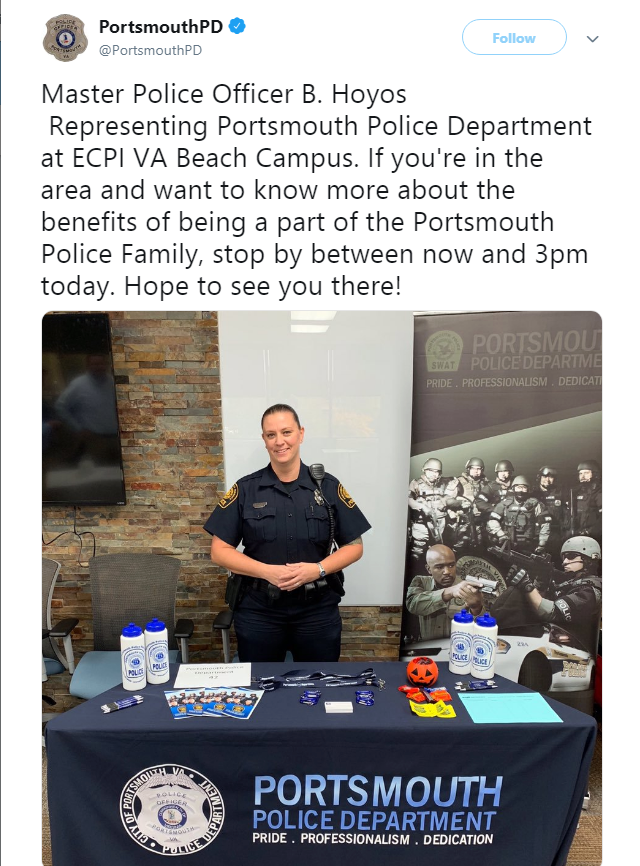Criminal Justice Education: What Will I Need to Know to be a Police Officer?
Criminal justice is a noble career that attracts people who want a steady career or are looking to help others in their community. Deciding on the steps to take to move forward can be difficult. Do you go straight into the police academy or do you take the time to pursue a formal education? Several benefits come from seeking a formal education at the start of your criminal justice career. Let's take a look.
What Does One Study in a Criminal Justice Program?
There are a number of criminal justice programs that you’ll study once you enroll in classes. You’ll learn about police procedures, the law, technology used by law enforcement, the corrections system, cybercrime, terrorism, private security, conflict management, organized crime, communication, psychology, community policing, and more.
Each of the classes helps to make you a well-rounded individual who can handle the task of being able to go out into the community to enforce the laws and serve the community. Being a police officer is more than just knowing how to write a speeding ticket. A formal education helps to prepare you for interacting with the community.
How Does Higher Education Help an Officer to Their Job Better and Safer for the Community?
Higher education could help an officer do their job better and be safer for the community because of the in-depth knowledge that an officer develops during their classes. They should learn better interpersonal skills to help them speak to the members of the community and work on de-escalating situations.
The skills that they learn in the classroom could be easily transferred to actually working on the streets. A person who has taken these classes will have a better bed of knowledge to build upon once they are policing their community compared to someone that hasn’t be exposed to the same education. It is an excellent way to prepare for their jobs.
Why Are More and More Departments Requiring Formal Education for Police Officers?
More and more departments are requiring a formal education for police officers because of the benefits that it offers. A police officer who has had an education that’s required them to be comfortable speaking with different groups than their own peer group will be better equipped once they start the job.
As tensions between police departments and the communities, they serve rise, it makes sense to require police officers to have more formal education to help them from day one handle their assignments. Higher education can help to weed out some of the candidates that may not be suited for this type of work for a variety of reasons. These individuals had to show commitment to the rigors of going through higher education and stuck with it.
What Other Criteria Do Departments Require for Police Officers?
One criterion that can play a role for many choosing to pursue higher education before seeking to join a department is the minimum age. For those that have decided right out of high school to become a police officer, it makes sense to continue their education. Most departments have a minimum age for police officers at 21 years of age. Since most high school graduates are between the age of 17 or 18, this gap in time can be filled with attending the classes that will best suit them for their future career. There are some police agencies that will allow younger candidates to apply, but often, they require that the candidate also have college credits.
Do you want to help keep order in your community? If you want to earn a Bachelor of Science in Criminal Justice, ECPI University could help you achieve your goals. For more information on this exciting, accelerated program, connect with a knowledgeable admissions counselor today.
It could be the Best Decision You Ever Make!
DISCLAIMER – ECPI University makes no claim, warranty, or guarantee as to actual employability or earning potential to current, past or future students or graduates of any educational program we offer. The ECPI University website is published for informational purposes only. Every effort is made to ensure the accuracy of information contained on the ECPI.edu domain; however, no warranty of accuracy is made. No contractual rights, either expressed or implied, are created by its content.
Gainful Employment Information – Criminal Justice - Bachelor’s
For more information about ECPI University or any of our programs click here: http://www.ecpi.edu/ or http://ow.ly/Ca1ya.





